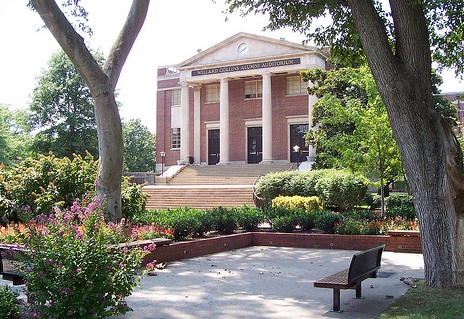 This is our last post on Dean Nelson’s book, God Hides in Plain Sight: How to See the Sacred in a Chaotic World
This is our last post on Dean Nelson’s book, God Hides in Plain Sight: How to See the Sacred in a Chaotic World
, and it’s been a good book. One I expected to scan and then put away, but one that drew me in with its prose and its utter seriousness punctuated by LOL humor.
This book would be a great book for an adult book reading group, a good Bible study book, and especially good for middle agers who are contemplating the presence of God in the corners and flat places of life.
When I think of Dean’s book, the picture above sums it up — there’s a placidity that comes through in this book, a placidity about a willingness to let God be seen in the norm and in nature. Dean, in effect for me, asks us to settle down, take life as it is, and watch God at work when we least expect it. Well, the last chp is on the sacrament of service. Just a few comments.
“The sacrament of service is not part of traditional church history — it isn’t officially one of the big seven [sacraments]. But it should be. I hereby declare it so. Call it Vatican III” (191). There’s seriousness shaped with some light wit — one of the distinguishing features of this book.
By the way, Jesus would agree with Dean Nelson: service IS the preeminent sacrament, the preeminent means of grace in this world. If you read this chp, you’ll see what I mean.
He begins with the story of Bob Goff and his kids and world justice and Restore (the organization), and I’ve read about this elsewhere but can’t now remember. Quite the story. (O, I think the same story is in Donald Miller’s new book.) It’s the story of how getting our eyes off ourselves reshapes our lives and makes us missional agents.
Service is acting according to another’s purpose and another’s needs. Serving in the ordinary to the ordinary is the Extraordinary. The story of Julio Diaz in NYC is worth the price of the book — the power of serving another is transformative.
If you want to see what “missional” means, read this chap. Junk some of the theological debates for service in and of itself is ordinary acts of love of neighbor. It’s that simple, and it’s that hard.

